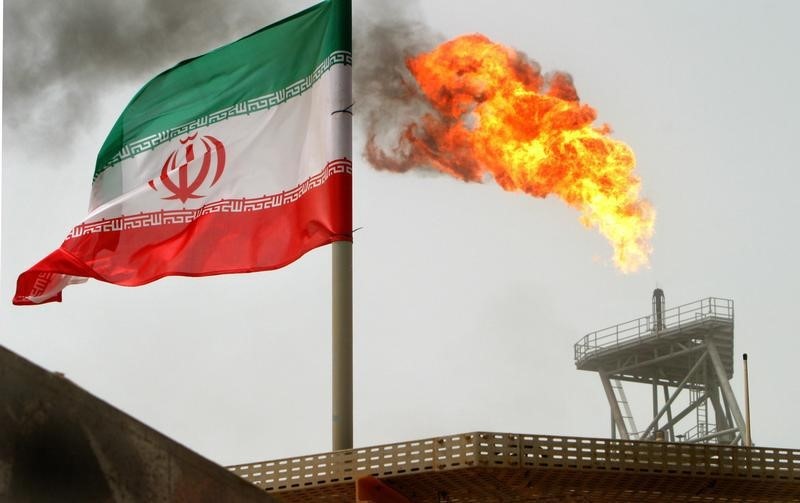Oil Takes Some Relief From Lower U.S. Inventories, Iran Deal in Focus
2022.08.17 03:25

By Ambar Warrick
Investing.com– Oil prices rose slightly on Wednesday after three straight days of losses as data indicating a bigger-than-expected drop in U.S. crude inventories helped offset concerns over waning demand and a potential Iran-led supply glut.
U.S.-traded Crude Oil WTI Futures rose 0.5% to $87.0 a barrel by 20:03 ET (00:03 GMT), while London-traded Brent Oil Futures were unchanged around $92.72 a barrel. Both instruments slumped nearly 3% on Tuesday.
Data from the American Petroleum Institute (API) showed that U.S. crude oil inventories fell by 448,000 barrels in the week to August 12, more than expectations for a fall of 117,000 barrels.
The reading also marked the first drop in U.S. inventories after two consecutive weeks of increases, and indicates that crude demand may be recovering in the country following a drastic fall in prices.
API data also showed that gasoline inventories fell by 4.5 million barrels last week. This comes amid a 5% plunge in U.S. gas prices over the past week, with gasoline futures trading at their lowest level since mid-March.
Official U.S. data due later today is expected to show inventories fell by about 275,000 barrels last week.
Oil prices are nursing steep losses this week, having plummeted nearly 6% to their weakest levels in over six months. Prices have now effectively erased all of their gains made during the start of the Russia-Ukraine conflict this year.
Losses were initially triggered by dismal economic data from China, and were exacerbated by Saudi Arabia’s largest producer, Aramco (TADAWUL:2222), flagging a potential output hike despite a weak outlook for demand this year.
Focus in crude markets is now on the potential revival of the Iran nuclear deal, which could result in the lifting of some western sanctions on the country and release an additional 1.3 million barrels per day of crude supply into the market.
While the move would help alleviate a brewing energy crisis in Europe, it will also severely crimp oil prices.
The European Union has now sent a “final offer” to Iran after 16 months of negotiations, with Tehran expected to respond this week.








